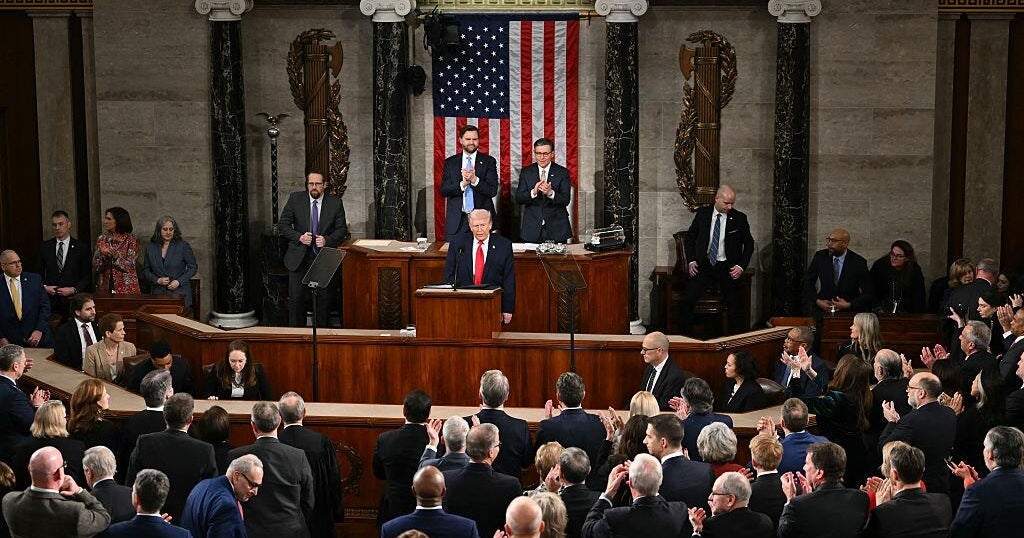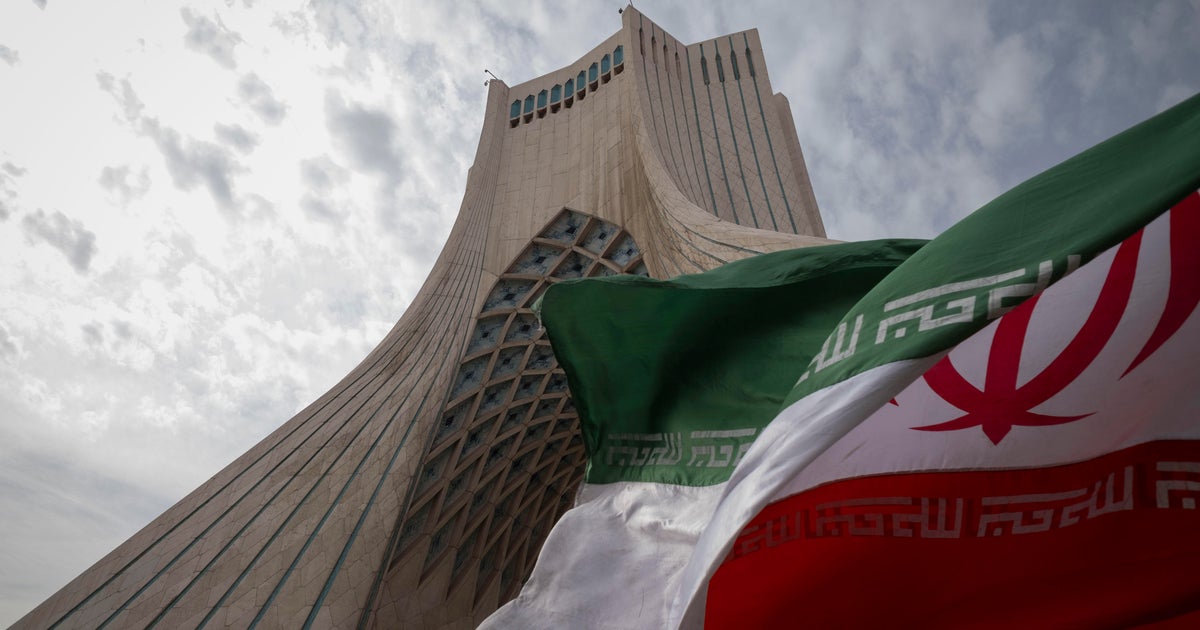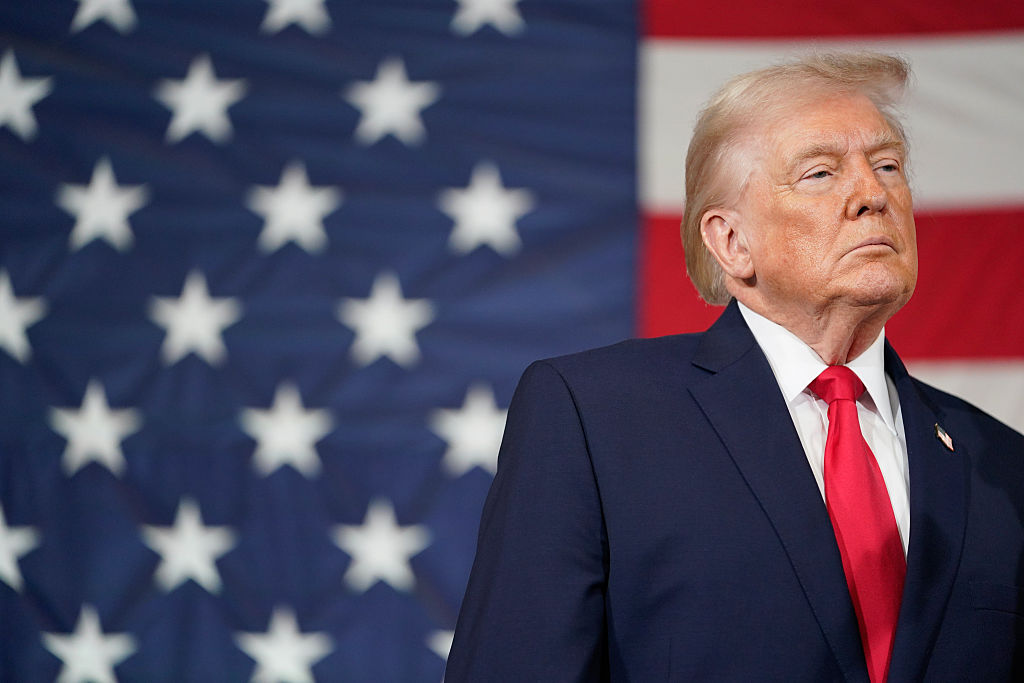Get ready to pay more for gas as Trump mulls Iran deal exit
Get ready to pay more at the pump heading into the Memorial Day weekend. Gasoline prices are following a rise in crude oil prices on Monday on concerns that President Trump will back out of the nuclear deal with Iran as a May 12 deadline approaches.
Mr. Trump said Monday over Twitter that he plans to announce his decision on the deal, known officially as the Joint Comprehensive Plan of Action, on Tuesday afternoon.
The average price of regular grade gasoline in the U.S. rose 7 cents a gallon over the past two weeks to $2.90, the 10th straight week of increases, according to the Lundberg survey over the weekend. That's higher than the previous month's U.S. average, according to GasBuddy.com.
"At the pump, the national average is poised to rise in the week ahead, following oil's upward move Monday, awaiting President Trump's decision on Iran," Patrick DeHaan, head of petroleum analysis at Gasbuddy.com, stated in an email. "The harsher the comments from the President, the more oil prices may rally, while a softer tone may lead oil to give up some of the recent gains. Gas prices will eventually follow in the weeks following, whichever way oil moves."
Prices for Brent crude oil, a global benchmark, rose to their highest since 2014 on Monday, reaching $75.81 a barrel by mid-morning, according to Reuters.
Mr. Trump repeated his view in a Monday morning tweet that the 2015 deal with Iran under the Obama administration and negotiated by former Secretary of State John F. Kerry, was "very badly negotiated." The Boston Globe recently reported Kerry was seeking to salvage the deal he helped craft.
This week, "all eyes are on" Iran and Mr. Trump, DeHaan said. As for crude oil prices, "I'd say several dollars is being priced in already as a result of expectations, and once we hear the verdict, we may see another rally."
The U.S. doesn't buy any Iranian oil directly. Yet sanctions put other industries, like banks, shipping companies, refiners and insurance companies, at risk of losing access to the global banking system, Bloomberg recently reported, giving them little choice but to abandon business with Iran. By some calculations, re-introducing sanctions might remove as many as 500,000 barrels per day of Iranian oil from global supplies, according to one estimate reported by Reuters.
Higher oil prices translate to increased costs at the gas pump for U.S. households and businesses. They can also stoke fears of inflation. For every penny the price of gas increases, it costs consumers about $4 million a day. That equates to $1.4 billion a year, DeHaan said in an April interview.
"Our baseline projection is that spot prices for Brent crude would increase by between $5 and $10 per barrel during much of 2018, which would lead us to raise our average oil price forecast for 2018 from $66.50 a barrel," according to a recent report from the Economist's Intelligence unit. Markets would also be more volatile, the report predicted.
Industry analyst Trilby Lundberg of the Lundberg Survey mirrored those comments on Sunday, saying that the jump at the pump marks the highest average price since November 2014.
The gas price increase is largely driven by higher crude oil costs and the phasing-in of summer-grade gasoline, which is used to prevent smog, according to Lundberg.
The highest average price in the contiguous 48 states was $3.73 in the San Francisco Bay Area. The lowest was $2.45 in Baton Rouge, Louisiana, according to the Lundberg survey.
The Associated Press contributed to this report.



